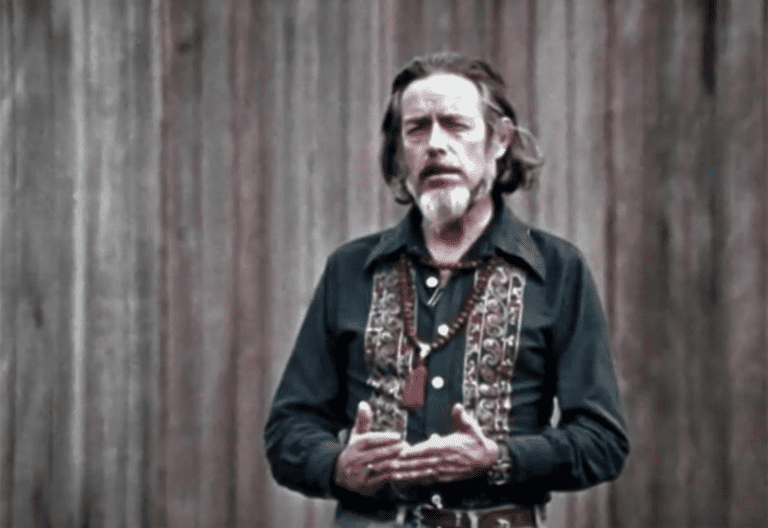Hegel shows the true error
As we know so far, Hegel was particularly known for his non-static philosophy. In his eyes, the world was always changing and no event could be considered without another. Everything in Hegel's world is related to the other. How his His and his Nothing are empty in themselves and only together Become it is hardly surprising that Hegel was also of the opinion that it is permissible to be wrong.
Hegel never understood existence as individual events that could be considered separately (Here you can find an article on this topic). Hegel saw the world as we see a movie today. In a movie, it is not the individual images that matter, but the story they tell in their flow. An image can only tell a story to a limited extent, as actions usually last longer than a single moment.
"The fear of making a mistake is the mistake itself."
- Georg W. F. Hegel
This statement reflects the spirit and thinking of Hegel in an incredible way. For whoever succumbs to the fear of being wrong and thus does not dare to think or act further has already succumbed to error. We must be willing to err, because if we do not allow ourselves to do so, we do not allow ourselves to learn anything new.
We personally think of Carl Gustav Jung at this point, whose archetype of the fool reflects precisely this idea. According to Jung, the fool is the predecessor to the master. When we have a new job, try out a new hobby or start something else new, we will initially be a fool in this area. There are no ifs and buts here either, the fact that we are starting something new means that we have no prior knowledge in this area and will not be particularly good at it at first.
Over time, however, we learn to navigate the new territory and find our way around. After some time, we will then master the new. However, if we don't dare to be a fool at first, there is no chance that we will ever become a master.
It is therefore hardly surprising that Hegel himself repeatedly revised his own works during his lifetime. This may sound trivial today, as you can simply adapt the Word file with a few clicks. In Hegel's time, however, this was a lengthy and costly process. The book presses of the time were laborious to embroider by hand. Nevertheless, Hegel decided to put his money where his mouth was, because it was important to him to present his new and rethought ideas in his publications.
So we should all take an example from Hegel and Carl G. Jung's fools and courageously confront error. Because if we cannot come to terms with the possibility of being wrong, then we will in all probability never find the truth. Because not trusting yourself, simply because you are afraid of making a mistake, is the mistake itself.
Do you see it similarly to Hegel or do you have a completely different perspective? Let us know your opinion on this topic in the comments.







